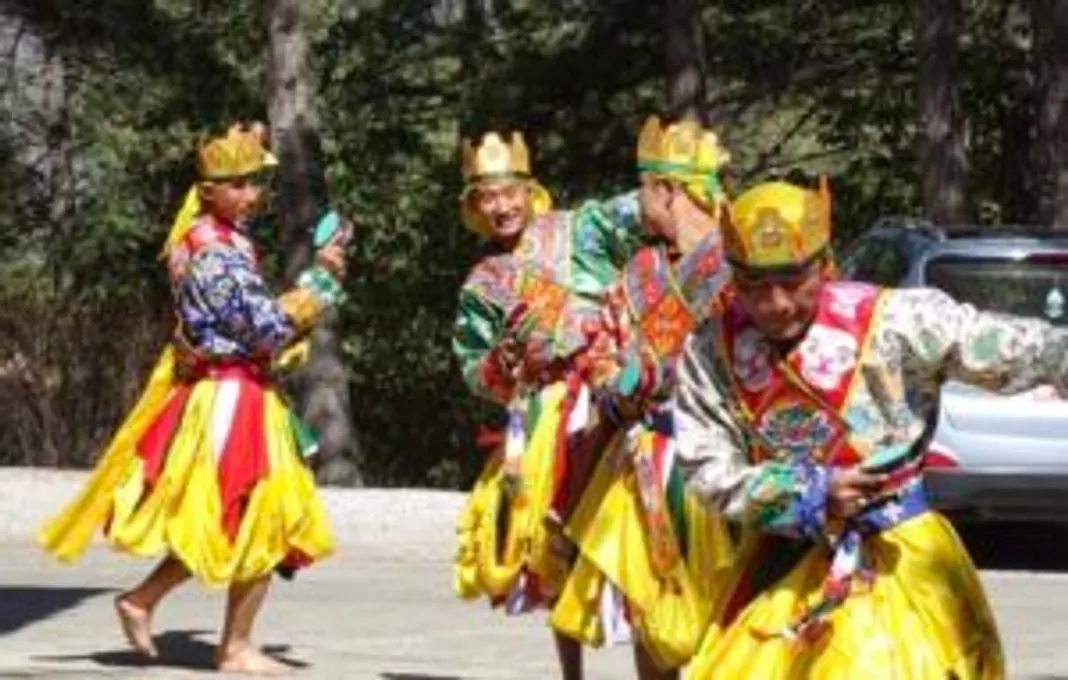“It all started with an old man at a fish market in the northern city of Rasht in late November.”
Thus reported the New York Times late last year on the travails of Mr. Bana Motejaded, a 70-year-old Iranian who landed in jail, along with a dozen of his marketplace buddies, for dancing and singing in public.
A local blogger had recorded the burst of song and dance and then spliced in music with a techno beat and posted the creation on his Instagram page. “My reason for dancing is to make people happy,” Motejaded explained several weeks later, following his release from jail. “I only want people to be happy and to change their mood.”
Whatever his motivation, the video went viral and triggered a crackdown. Local police in Rasht announced on Dec. 7 that they had arrested a group of 12 men who appeared in the video, shut down their Instagram pages and removed the video from several websites.
News of the arrests spread rapidly across Iran. Angry messages were posted on social media accusing the government of being at war with happiness. The authorities, said the Times, “were quick to round up citizens for no other crime than joy.”
The genie, so to speak, was now out of the bottle. Adventurous Iranians across the country started filming themselves dancing, inspired by Motejaded’s moves. They posted the videos on social media and circulated them widely on applications such as WhatsApp, calling it the “happiness campaign.”
Before long, the government retreated. They resurrected the Motejaded Instagram page with all previous posts of dancing and singing. When his dancing first came to the attention of Iranian authorities, Motejaded’s Instagram page had attracted 128,000 followers. By the time the government was done with him, his followers on Instagram had ballooned to 1 million.
This report from Iran is remarkable from two different perspectives. First, it is difficult to imagine authorities in the US arresting citizens for singing and dancing. The freedoms we often take for granted in America are almost unimaginable to those trapped in totalitarian regimes. Maybe even more unimaginable is the idea that we Americans would organize a “happiness campaign.” Our demonstrations and rallies and (truth to tell) occasional riots are usually triggered by true believers clinging angrily to opposite poles on the political landscape. Hardly a recipe for happiness.
For for that one might look toward the tiny nation of Bhutan.
The distance from Tehran, Iran to Thimphu, Bhutan’s capital city, is over 2,000 miles, a 4.5-hour plane ride with a spectacular view of the Himalayas for those looking north, with Everest visible about a half hour before landing. Servicing Thimphu, Paro Airport can be harrowing for the uneasy flier. Fodors.com, the online presence of the authoritative travel guide, ranks Paro at #3 on their list of the world’s 13 most dangerous airports. Reportedly, only 24 pilots are certified to land there.
Once on the ground, an enveloping calm takes over. The altitude at Paro is 7,300 ft. It sits in a valley encircled by mountains reaching 18,000 ft. The population of Bhutan is close to 800,000, about 200,000 fewer than the followers on Instagram of the Iranian dancer and fish merchant, Mr. Bana Motejaded.
The 2023 GDP of Bhutan was $2.69 billion, ranking the country (which is about the size of Ohio) as the 163rd largest economy in the world. Bhutan, however, is only marginally interested in GDP. The metric that moves them is GNH—Gross National Happiness. Bhutan is 84% Buddhist and the nine “domains” underlying GNH echo certain core principles of Buddhism: psychological well-being, health, time use, education, cultural diversity, good governance, community vitality, ecological diversity and finally, living standards. Bhutan is not nirvana. Poverty remains widespread. The 15% Hindu minority remains exposed to discrimination. Income inequality remains a stubborn challenge.
Nonetheless, Bhutan has a deep and genuine commitment to GNH. This is no gimmick or PR initiative. It is the fundamental goal of the government and was enshrined in Bhutan’s constitution in 2008. Other cities and countries around the world are following Bhutan’s lead. Victoria, BC; Seattle, Washington; the State of Vermont; Thailand, the Philippines and more. Each jurisdiction tailors a program to suit their needs. What ties them all together is the belief that well-being cannot be measured and promoted by GDP alone.

As with most things there is a flip-side to this, an opposite polarity. The Gallup Organization several years ago developed an index called Highest Negative Experience Index. Gallup “measured negative emotions in 138 countries … by asking people whether they experienced a lot of anger, stress, sadness, physical pain and worry in the recent past.” Iran reported the highest negative emotions in the world, second only to Iraq. As long as Iran remains a theocracy with a morality police force hunting down dancers, nothing short of regime change is likely to improve the country’s negative emotions ranking.
Where does that leave Mr. Bana Motejaded and his countrymen? Probably dancing in the dark and none too happy about it.



